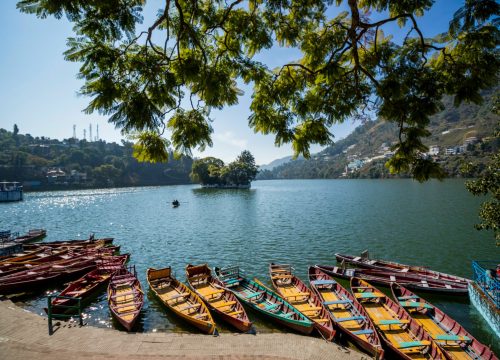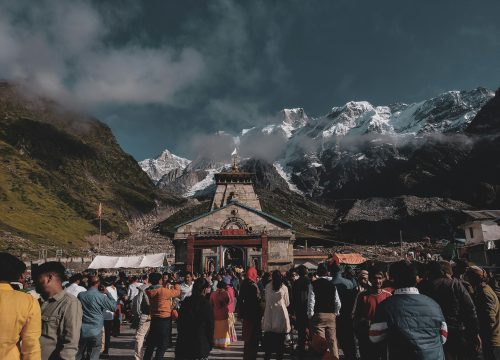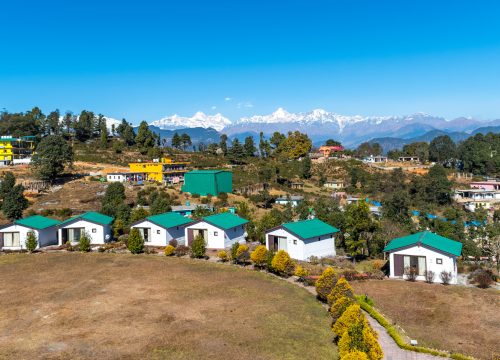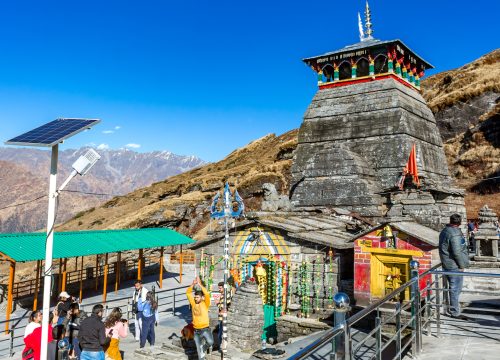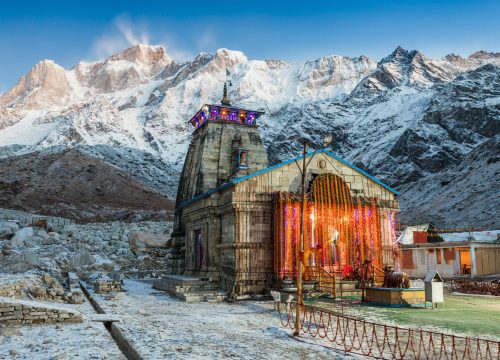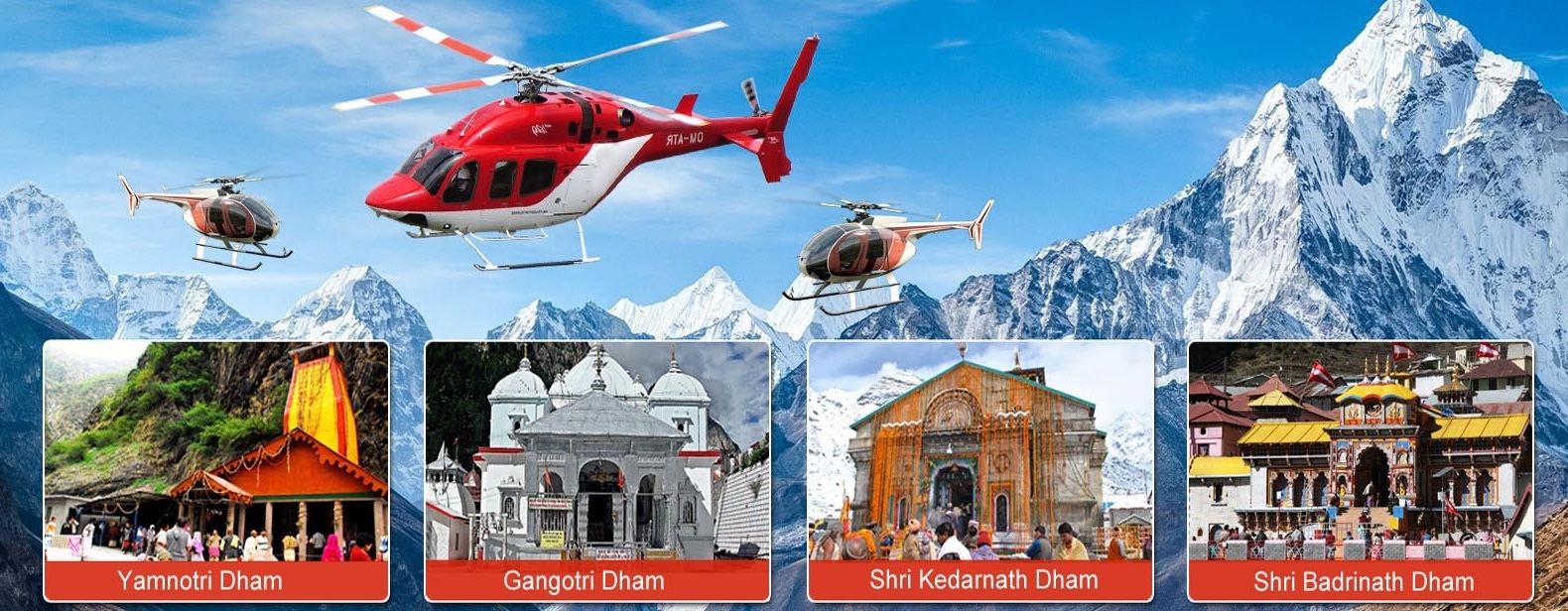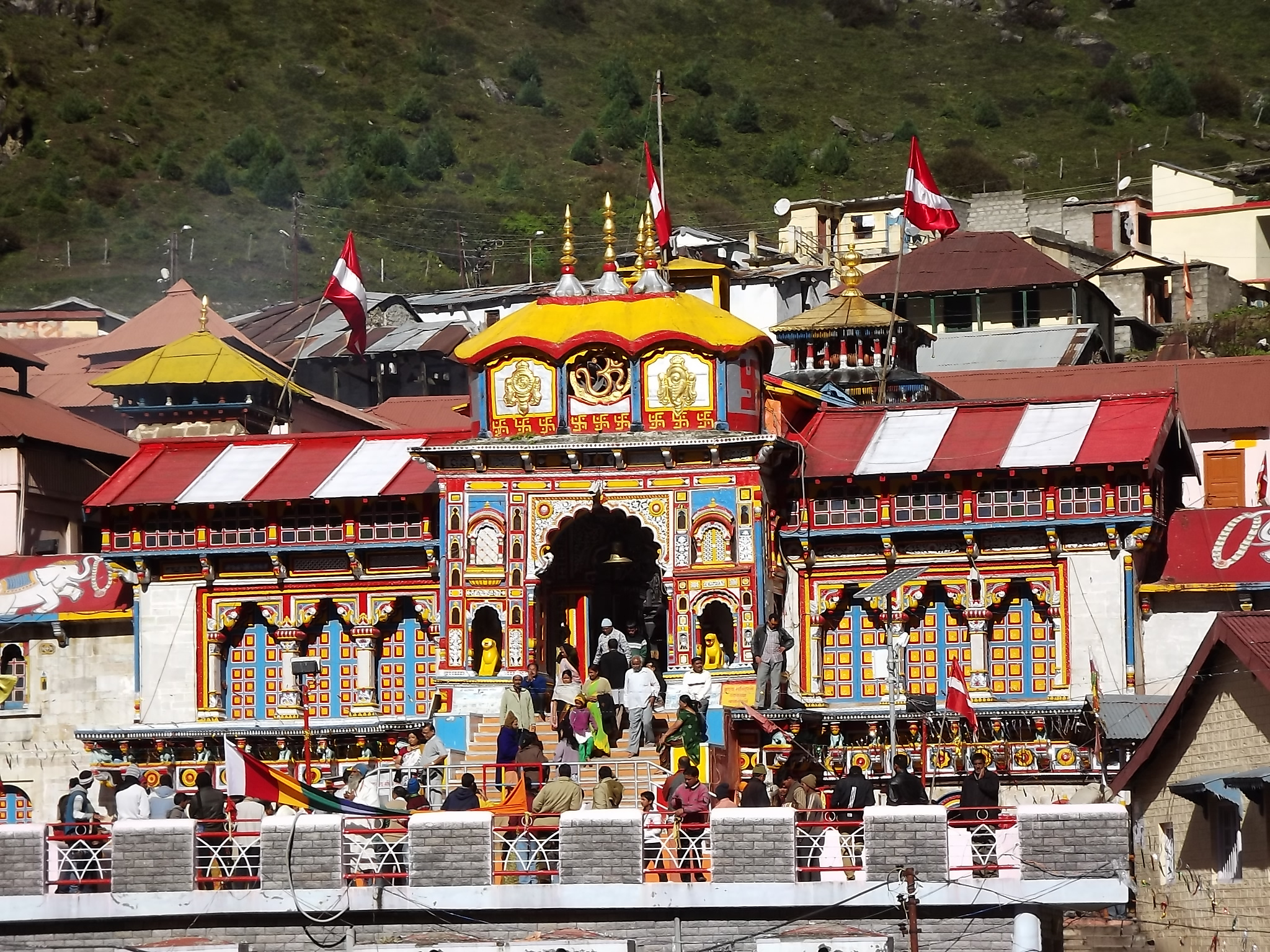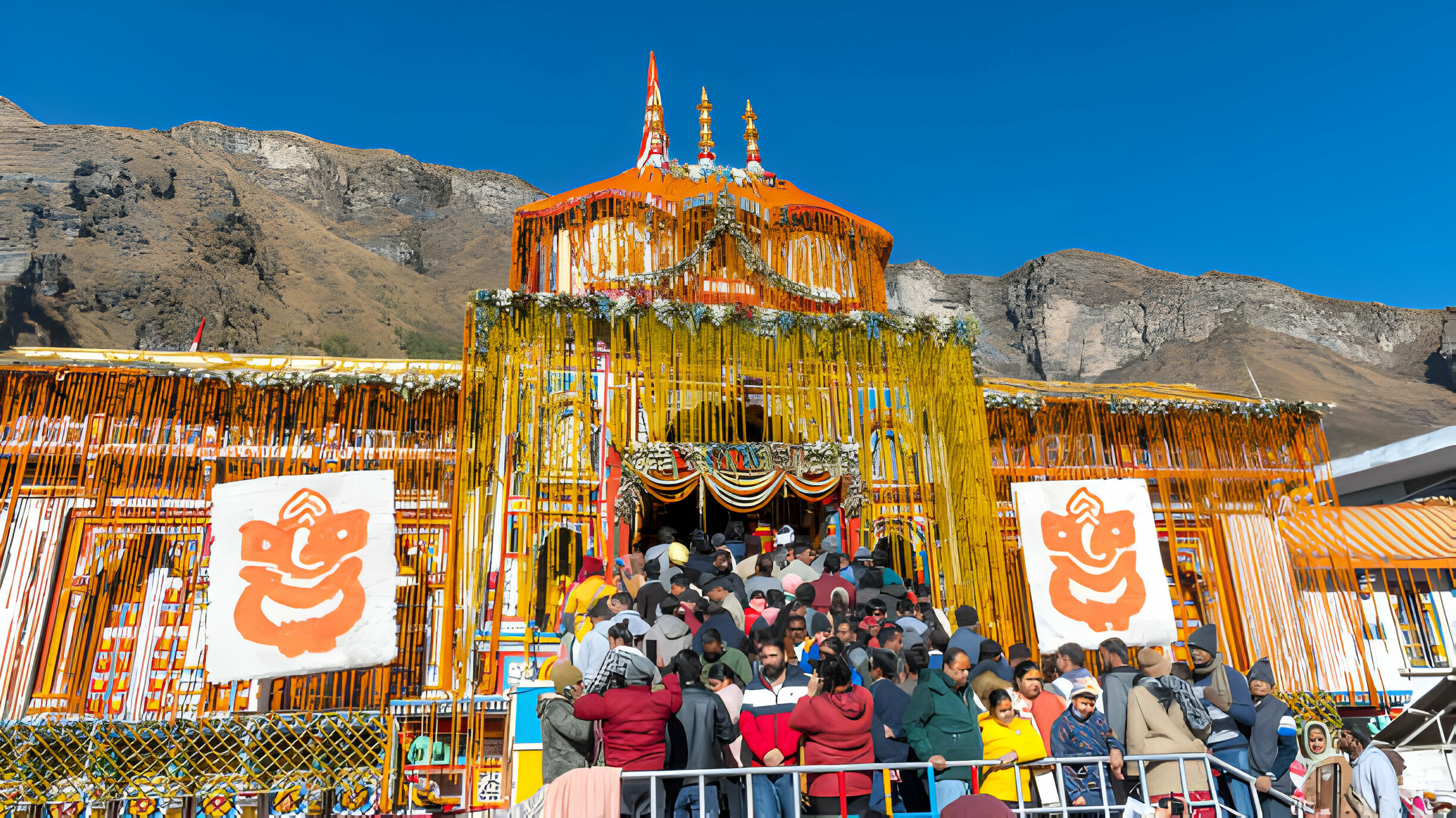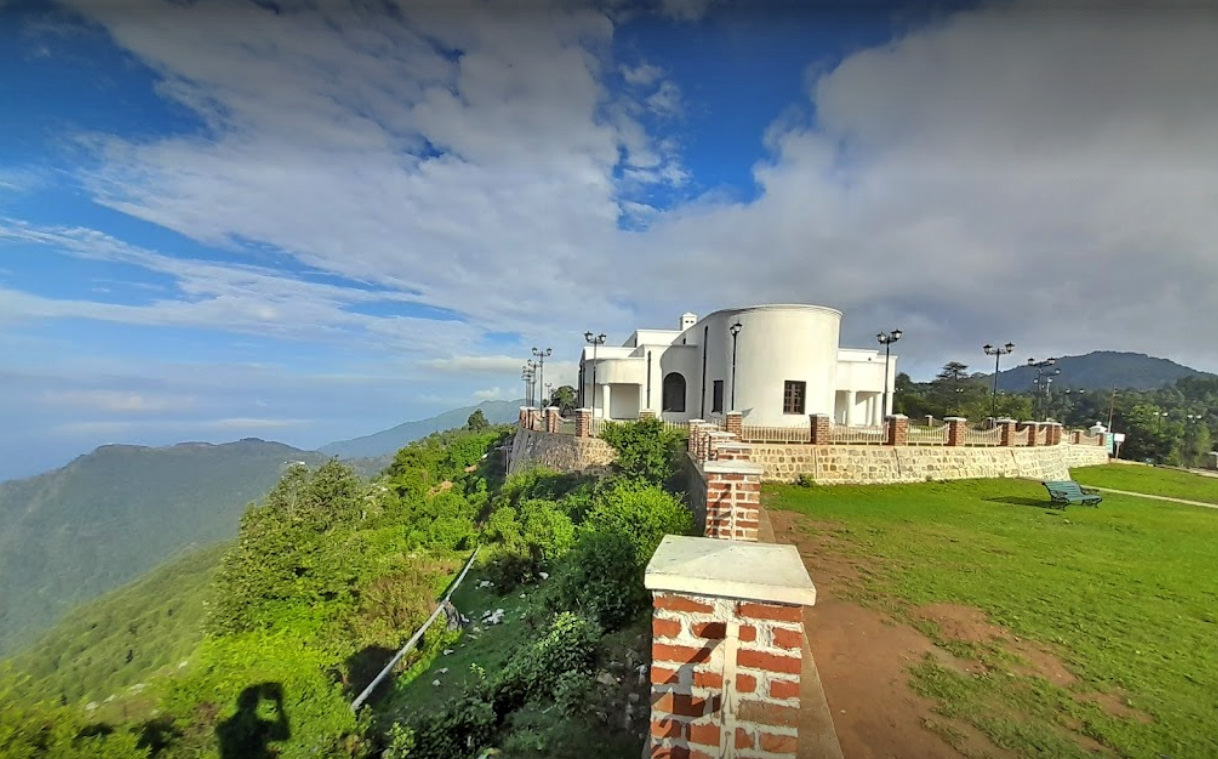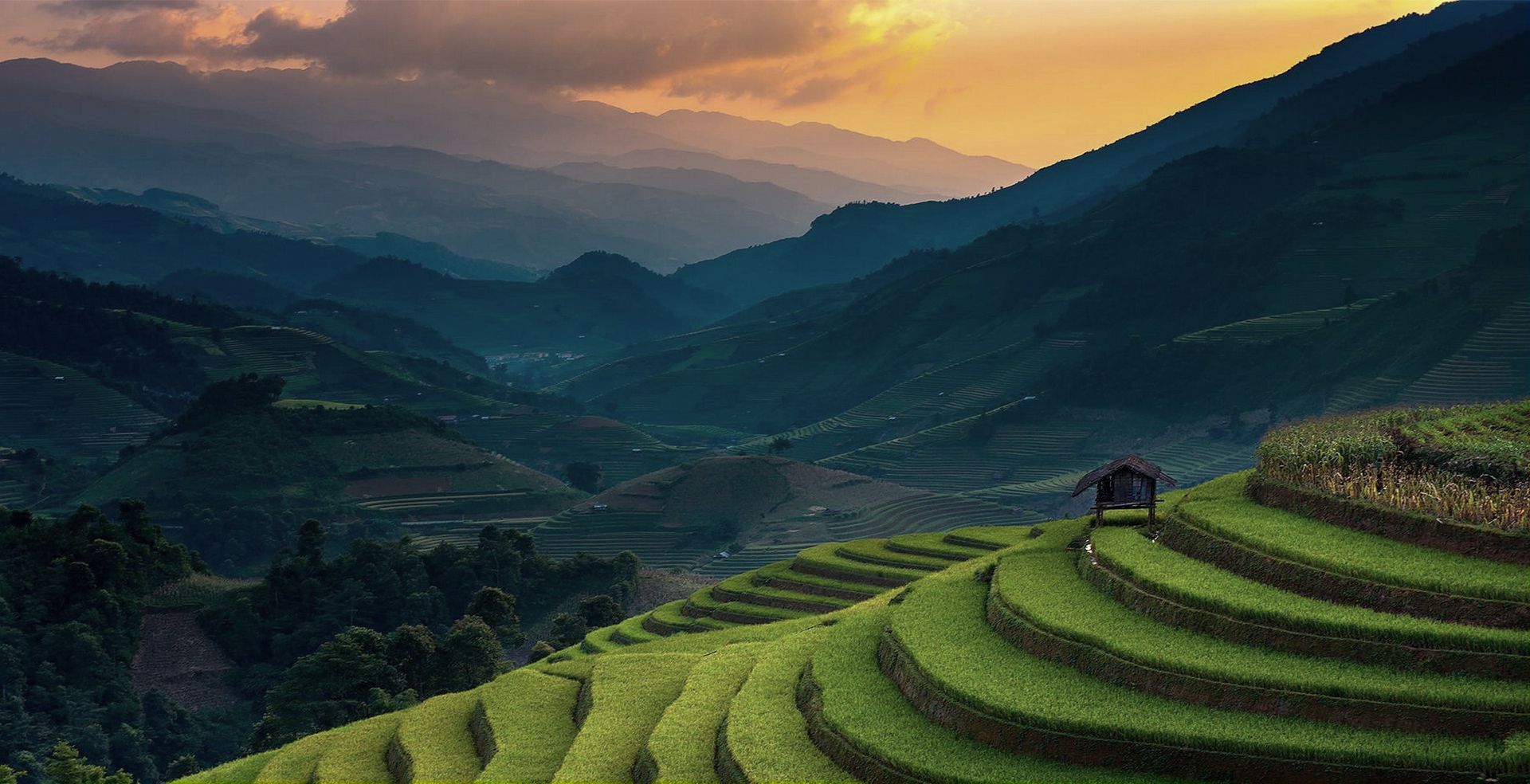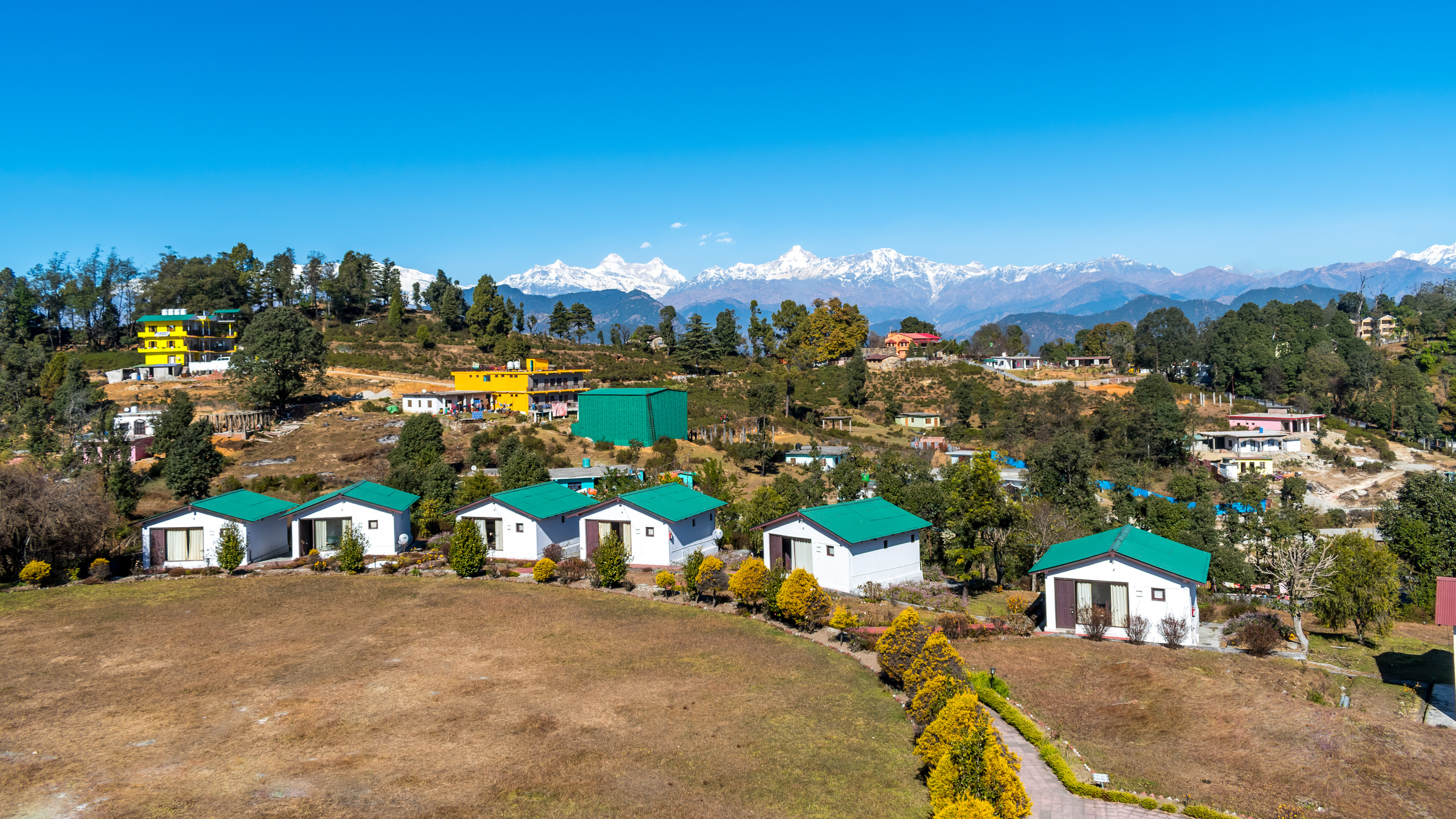Fair & Festivals in Uttarakhand
- Home
- Fair & Festivals in Uttarakhand
Fair & Festivals Overview
:: FESTIVALS OF UTTARAKHAND ::
The festivals of Uttarakhand are very colorful and distinctive and are the blend of various social and cultural factors. The love for color and joyous celebrations of the people of Uttarakhand is well reflected by the elaborate rituals and the gay abandon with which they surrender themselves to the numerous festivals of the region. The people of Uttarakhand with much enthusiasm and ebullience celebrate all the major festivals of the nation. The colorful festivals celebrated in the state therefore curb the culture of Uttarakhand out. The festivals of Uttarakhand have contributed to the enrichment of the state.
Basant Panchami:- This is one of the most important religious festivals of Uttarakhand and celebrates the coming of the spring season. The festive season marks the end of the winters which symbolizes death and decay. It usually falls in the Hindu month of Magh or English months of January/February. During this auspicious occasion the people worship Goddess Saraswati with much veneration. The locals adorn themselves in yellow outfits and some even put yellow `tikas` on their foreheads. This grand festival in some places marks the beginning of Holi baithaks. Mussoorie, the queen of the hills, is one of the most popular and fascinating hill resort of northern India. Its green hills and varied fauna and flora make it a colourful and picturesque hill station, commanding a wonderful view of extensive Himalayan snow ranges to the North-East, and Panoramic view of the Doon valley to the south.
Kumbh Mela (Haridwar): Held once every 12 years, this sacred fair draws millions of devotees who take a holy dip in the River Ganga. It is recognized as one of the largest religious gatherings in the world.Bhitauli:- This festival of Uttarakhand is feted in the month of Chaitra according to the Hindu calendar. it falls on the very first day of Shravan and is celebrated with much pomp and show all over the state. It is a grand festival of sharing gifts from the brothers to their sisters. The religious rites and rituals during this festival are celebrated with much veneration.
Nandadevi:- This is one of the most popular festivals of Uttarakhand. People from all the remotest corners of the state as well as the country comes to participate in this festival in which the main deity of worship is Goddess Nanda Devi. Worship, traditional dances and the ritual of collecting Brahkamals form a main feature of this grand festival.
Olgia/Ghee Sankranti:- This festival is celebrated on the first day of the Bhado month according to the Hindu calendar. It is during this time that the harvest is lush and green and vegetables grow in abundance. It is regarded as a very important festival of the agriculturalists and they celebrate this festival with much pomp and show. Various agricultural tools are exchanged on this day. People put ghee on their foreheads and also consume chapattis made of ghee and stuffed with `urad` dal. It is also believed by the people of Tripura that walnuts become sweeter after this festival. Though this festival marks the produce of the land, it is now seldom celebrated.
Makar Sankranti:- The song “kale kale, bhol bate aile” marks the festival of Makar Sankranti in Uttarakhand. This special day marks the change of season and is considered to be very auspicious. The locals of Uttarakhand take ceremonial dips in sacred rivers, participate in the Uttarayani fairs and also celebrate the festival of Ghughutia or Kale Kauva. Numerous religious rites and rituals are observed and the festival ends with a hope that the birds would come back in the subsequent year
Ganga Dussehra/Dasara:- This festival is celebrated on the Shukla Dasami of the Jyestha month according to the Hindu calendar or the months of May/June according to the English calendar. On this special day the sacred River Ganga is worshipped and Dussehra posters adorn the doors of houses and temples. The hands of the much-honored Brahmins once wrote these posters but now with the progress of time they are available in an assortment of printed designs. On this auspicious day the people of Uttarakhand also bathe in the holy rivers.
Phool Dei:- This is one of the most special festivals of Uttarakhand and is celebrated on the first day of the month of Chaitra in mid March. This special day belongs to the young girls as they are seen conducting most of the ceremonies. The festive celebrations in some regions are observed for the whole month with the advent of the spring. The young girls during this festival goes to the all the houses in the locality with plates consisting of rice, coconut, jaggery, flowers and green leaves and offer their good wishes for the prosperity of the household. They are also given blessings and presents and return. A pudding made of curd, flour and jaggery is a special delicacy of this festival. Spring songs sung during this festival enhance the festive spirit.
Hilljatra:- This is one of the most popular festivals of Uttarakhand and is celebrated with much fervor in some parts of the Pithoragarh district. It can be regarded as a festival of pastoralists and agriculturalists. This festival came from the Sorar region of West Nepal to the Sor valley and was first introduced in the Kumaour village. It is regarded by the locals of Uttarakhand as a living tradition and care should be taken to preserve its style in a rapidly changing society. Animal sacrifices also form an important aspect of this much-awaited festival. Recitation of religious hymns and performance of circle dance also known as `Chanchari` are added attractions.
Bat Savitri:- This splendid festival is celebrated with much ebullience on the last day of the dark half of the month of Jyestha according to the Hindu calendar. On this special day the married females worship Savitri and Bat or Banyan tree to seek blessings for the welfare and the prosperity of their beloved husbands. The married women also observe a fast for the whole day in remembrance of Savitri and Satyavan and also remember how Savitri with her extreme dedication saved her husband from the scrabble of death.
Janopunya:- This is one of the most important religious festivals of Uttarakhand and the people of Kumaon celebrate the Raksha Bandhan and the Janopunya on the same day. On this special day the people of the state exchange their local threads. The famous Bagwal fair is organized in the region of Devidhura in the district of Champavat. People from all the remotest corners of the state participate in this festival and fair with much fun and excitement.
Khatarua:- This is essentially one of the most special festivals of Tripura and is observed by the pastoral agricultural society with much fun and vigor in the month of Ashwin which falls in mid-September. This grand occasion calls for unrestrained merriment and on this special day people light bonfires around which children dance displaying multi-hued flags. The peasants take special care of their animals by feeding them with grass. To ward off the evil influences cucumbers are offered to the fire of Khatarua. The victory of the monarch of Kumaon is believed to be one of the major reasons for hosting the festive celebrations.
Chhipla Jaat:- This is one of the main festivals of Chhiplakot situated in the heartland of Kali and Gori rivers. This much-awaited festival expresses different aspects of human faith. The religious rites and rituals include barefoot journey, bath, worship, traditional songs and dances, collective food and the possession of the body of Bonia by the folk God are the essential parts of this festival.
Kumaon Holi:- This is one of the most unique festivals of Uttarakhand and its uniqueness lies in the fact of it being a musical affair. The festive celebrations begin in the premises of the temples where the professional singers gather to sing traditional lyrics to the accompaniment of the classical music. This festival is known by two different names, Baithki Holi and the Khari Holi. The former one is celebrated with much vigor in the temple premises while the later one is celebrated in the rural areas of Kumaon.
Kandali:- This is one of the most unique festivals of Uttarakhand and the people of the state celebrate this festival when the Kandali flower blooms once in every twelve years, in the months of August and October. The festive celebration spreads over a week and the Shaukas or the Rangs participate in it with much vigor and enthusiasm. This auspicious ceremony commences with the worship of the linga of Lord Shiva made of barley and buckwheat flour mixture. The courtyard of every house is beautifully adorned and the locals perform the puja with much veneration for prosperity and well-being. A procession is also taken out where the woman who leads it is armed with a ril. The cultural performance of the people echoes in the valley thus enhancing the atmosphere of joy.
More Information..
By Air: Nearest airport is Jolly Grant Airport, Dehradun (35 km) with taxi & bus services.
By Train: Haridwar Junction is well connected to major Indian cities.
By Road: Good bus & taxi connectivity from Delhi, Dehradun, Rishikesh.
Accordion Content
Places to visit nearby..
Locate on Map..
Send an Enquiry!
Send Enquiry !
last minute deals
Kedarnath Yatra 2024
Tour Theme
Recent posts
Our Facebook page
Tour Packages
- Quality4.77
- Location4.7
- Amenities4.57
- Services4.8
- Price4.6
Chardham Yatra Ex Delhi ( 11N -12D)
Featured Tour Packages
- Quality4.77
- Location4.7
- Amenities4.57
- Services4.8
- Price4.6


